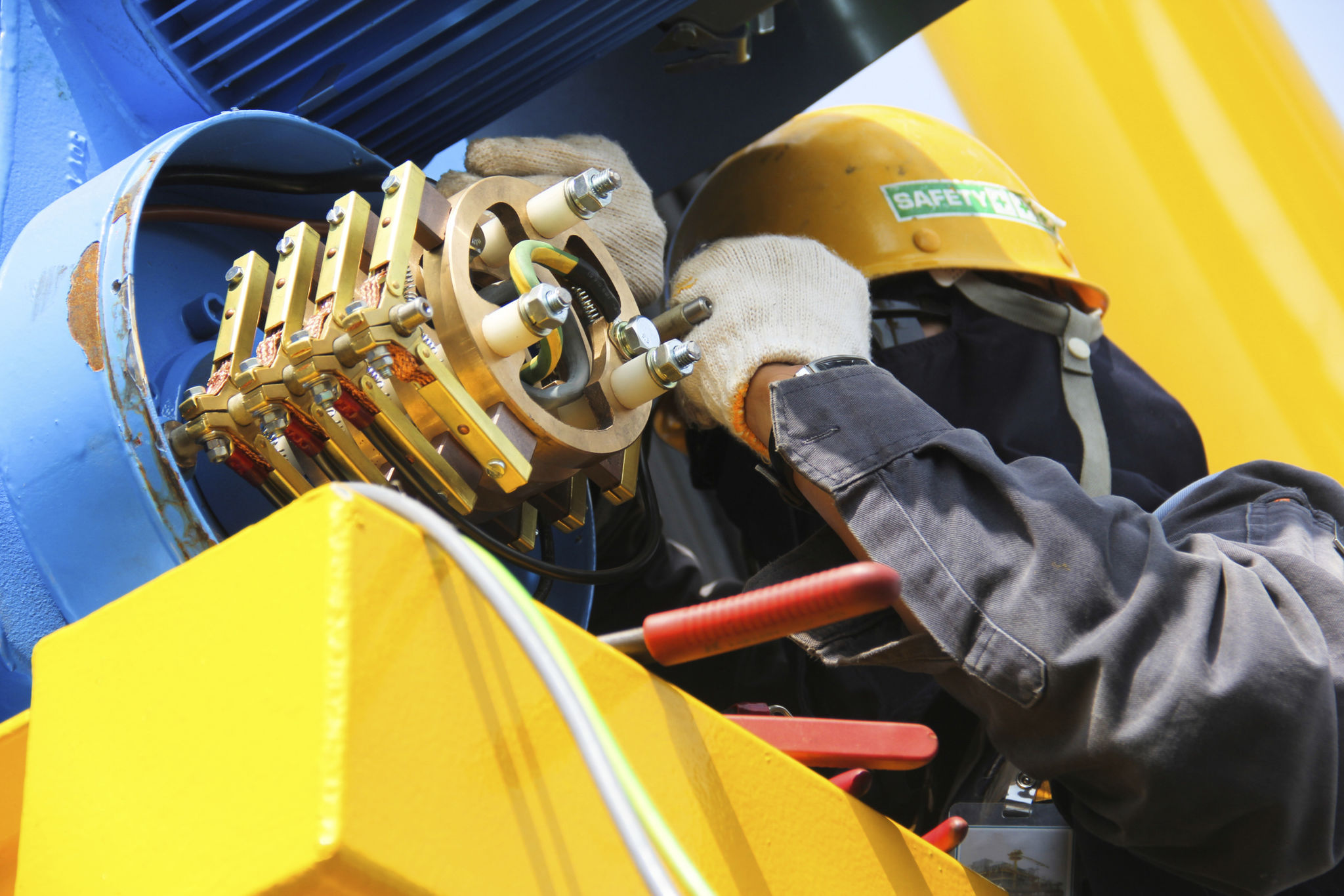How to Prepare for Seasonal Crane Operation Challenges in Monroe
KM
Understanding Seasonal Challenges in Crane Operations
Operating cranes in Monroe presents unique challenges, especially as the seasons change. These challenges can impact safety, efficiency, and overall project timelines. Understanding these seasonal factors is crucial for crane operators and construction managers to ensure smooth operations regardless of the weather.
Monroe experiences a variety of weather patterns throughout the year, with cold, snowy winters and hot, humid summers. Each season presents its own set of difficulties for crane operations, from icy conditions to the risk of overheating machinery. Preparing for these conditions in advance is essential to maintaining operational efficiency and safety.

Preparing for Winter Crane Operations
Winter in Monroe can be particularly harsh, with freezing temperatures and heavy snowfall. These conditions can lead to slippery surfaces and reduced visibility, increasing the risk of accidents. To prepare for winter crane operations, it's important to implement a comprehensive safety plan.
Operators should ensure that all equipment is winterized, including the use of anti-freeze fluids and cold-weather lubricants. Additionally, conducting regular maintenance checks will help identify any potential issues before they become problematic. Ensuring that all staff are trained in winter safety protocols is also vital.
Maintaining Safety Standards
Safety should always be a priority, but during winter months, it becomes even more critical. Implementing strict safety measures can help prevent accidents and injuries. This includes wearing appropriate winter gear, using de-icing products on walkways and platforms, and conducting regular safety drills.

Managing Summer Heat and Humidity
The summer months in Monroe bring their own set of challenges, with high temperatures and humidity levels. These conditions can lead to overheating of machinery and increased fatigue among operators. To combat these issues, it's crucial to have a plan in place for managing heat-related challenges.
Regularly checking coolant levels and ensuring proper ventilation for all equipment can help prevent overheating. Additionally, scheduling regular breaks for operators and providing access to shade and hydration will help maintain productivity and safety standards during the hottest months.
Adapting Operations to Weather Changes
Weather conditions can change rapidly, especially during transitional seasons like spring and fall. Having a flexible operations plan that allows for adjustments based on current weather conditions can prevent delays and ensure safety.

Training and Communication
One of the most effective ways to prepare for seasonal crane operation challenges is through proper training and communication. All team members should be well-versed in both seasonal-specific protocols and general safety procedures.
Regular training sessions can keep everyone informed about the latest best practices and emergency procedures. Additionally, maintaining open lines of communication ensures that everyone on site is aware of weather forecasts and any changes to the operational plan.
Leveraging Technology
Modern technology offers various tools that can assist with managing seasonal challenges. For example, using weather tracking apps can provide real-time updates, allowing teams to adjust their plans accordingly. Similarly, investing in advanced crane technology with built-in safety features can enhance operational efficiency.
By taking proactive steps to address the seasonal challenges inherent to crane operations in Monroe, companies can ensure a safer and more efficient working environment year-round.
